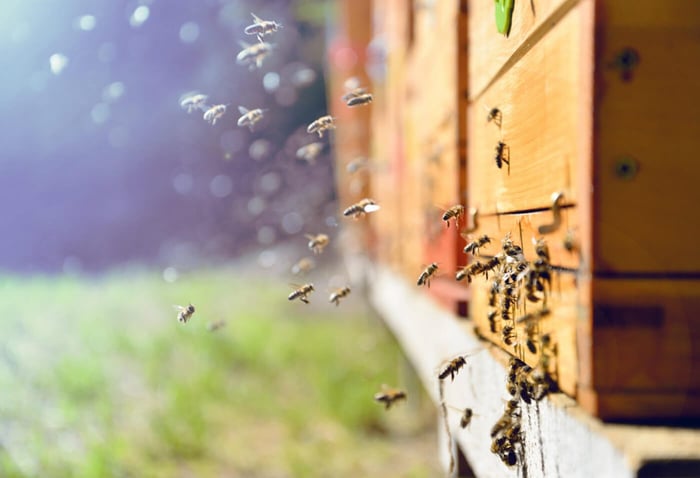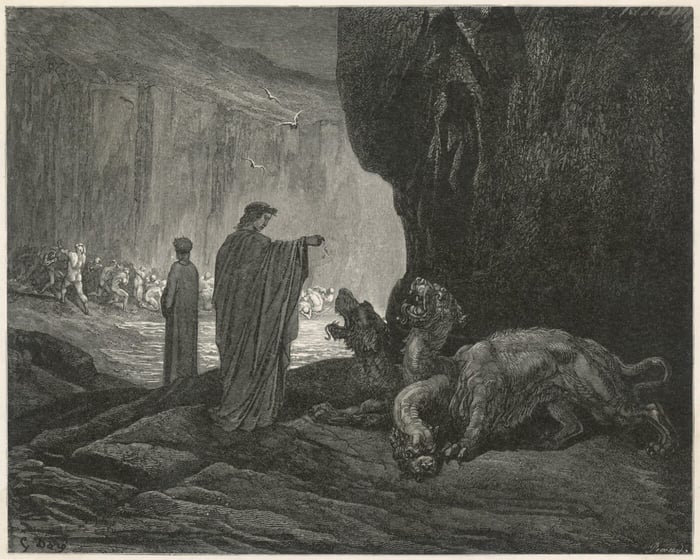You’ve heard of people forming bonds with their animals. Dogs, cats, horses, and goats are just a few of the wild ones that we lovingly refer to as family and familiars. But what about bees?
The modern beekeeper may be unfamiliar with this old-time tradition, but anyone with European roots may have heard stories from grandparents and elders that came with a mysterious moral—don’t forget to ‘tell the bees.’
Tell them what, exactly?
The important things. Meaningful things. Anytime someone in the family got married, departed on a trip, gave birth, divorced, or died, somebody needed to ‘tell the bees.’ Notifying the bees about life-altering moments was the only way to prevent an onset of misfortunate events. If a beekeeper’s family failed to share momentous news, they paid a steep price—honey production would wane, the queen might leave (taking the workers with her), or in extreme cases, the colony would perish.
Now, it’s fair to wonder, but why bees? How influential could a simple insect be in the grand scheme of life?
Well, there was a time not too long ago when nearly everyone grew their food. Experienced gardeners knew that if you owned a garden, you might as well adopt bees. Even today, a healthy colony plays an integral role in the success of a garden. Without bees, flowers will not pollinate, fruit will not grow, and seeds will not form. Planet Earth would no longer be the green planet.
And if being responsible for the fertility and plenitude of an entire planet wasn’t enough, ancient legends that span continents and generations insist that a bee’s gifts are not just physical, but spiritual. If we believe the stories (and I think most of us do), then bees are intertwined with all life and death throughout the universe.

Ancient Greece shares this sentiment. According to myth, a bee could manipulate a human’s fate by touch. If it landed on a child’s lips, the child would grow to become a great writer, poet, or performer. If it rested atop their head, the child would become a person of great distinction. And if you felt burdened, a bee atop the hand was a blessing at any age, for it meant that financial abundance was within reach.
In Celtic legend, bees possess a unique talent—the ability to pass freely through the veil that separates the natural realm with the afterlife. Because of their capacity to straddle two worlds, it was common practice for grieving families to ask bees to deliver news to deceased relatives. And in Ancient Egypt, honeybees fell from the eyes of Ra, the Sun God. The Eye of Ra (more commonly known as the Eye of Horus) is one of the most famous symbols in Egyptian mythology. The Tears of Ra solidified the bees’ status as a divine messenger of the Gods.
So, how and when do we communicate with bees?
The most important event to share with your colony is a death—especially if it is the death of the beekeeper. The beekeeper’s family would first get the attention of the colony by knocking on the box and extending an invite to the funeral. The family would then drape the bee box in black mourning cloth, permitting the colony to grieve in privacy.
But ‘telling the bees’ isn’t just reserved for bad news, and modern tales suggest that sharing positive changes in a person’s life is just as beneficial. Bees should be in-the-know when it comes to births, milestones, and weddings. Newly married couples are encouraged to introduce themselves to a colony to ensure a long and happy union. The bride and groom can also decorate the hive with brightly colored ribbons or share a slice of the wedding cake to gain favor with the queen.
Intention Paper Set

$ 11.00
This set includes 12 sheets of 4x4 handmade paper; one for each month of the year. 🤍 It's small size is perfect for candle magick, traveling or simple, quick spells. (Does not include candles or necklace. You can find the… read more









